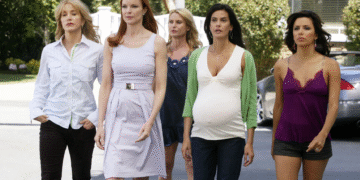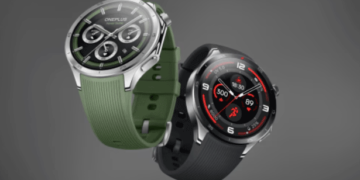The Cuban Attorney General’s Office announced this Tuesday that the trials for the anti-government protests of last July 11 add up to 790 accused of “acts of vandalism” and “serious disturbances of order”, and among them, 55 minors are included.
The communication, something unusual, took place without prior announcement and was broadcast simultaneously by the main official media, after several weeks of information in international media about these cases with data from NGOs and dissidents.
The prosecutor’s office assured that in these cases it has verified “compliance with the constitutional rights and guarantees of due process,” despite the “manipulations and opinion matrices, which seek to accuse Cuba of human rights violations.”
“The Attorney General’s Office reiterates that it will act in accordance with the constitutional mandate, within the legal framework, in accordance with due process, the protection of the interests of the State and respect for the rights of all citizens,” he stressed.
According to the statement, the Attorney General’s Office received 117 preparatory phase files on the events “of greater connotation”, with 790 people instructed, “for acts of vandalism, which attacked authorities, people, and property, as well as serious disturbances of order”.
Of these, 110 files have been submitted to the courts, with 710 defendants for trial. Of these, 69% remained in provisional detention as a precautionary measure while awaiting trial.
INVESTIGATED MINORS
Of the total number of accused, 55 are between 16 and 18 years old, and among them, 28 remained in provisional prison. In addition, the statement adds, the prosecution has investigated 27 children under 16 years of age, but emphasizes that “in Cuba, these are not subject to criminal law.”
To these, the prosecution abounds, “the established legal procedure was applied” for minors under 16 years of age.
Thus, ten were interned in schools of comprehensive training and behavior, for intervening with adults in the commission of these acts “and 17 were given individualized care in the school of the National Education System where they study.”
Another 60 defendants are between 19 and 20 years old, of these 41 are insured with provisional prison. The Cuban Penal Code contemplates the possibility of reducing the sentences imposed by up to a third due to their age.
The prosecution argued that it was decided to charge with the crime of sedition in some cases due to “the level of violence shown in the vandalism that took place in a tumultuous manner” with the result of “serious disturbance of public order” and with “the deliberate purpose of subverting the constitutional order.
“The sanctions requested by the Prosecutor’s Office are in correspondence with the seriousness of the facts, the level of participation, and the damage caused to society”, affirms the note.
So far, the prosecution added, 84 trials have been carried out and 44 sentences have been handed down, in which 172 defendants were punished, “who had the right to establish the corresponding resources.”
The prosecution added that the July 11 protests “occurred in a particularly complex context of the global economic crisis,” which was “exacerbated by an unprecedented pandemic” and “the tightening of the blockade” by the United States.
Several NGOs have denounced the lack of guarantees, fabrication of evidence, and very high sentences for those accused in these processes for the events of July 11.
Data collections on the processes of these NGOs provide different figures.
According to Justicia 11J and Cubalex, a total of 1,379 people have been detained in connection with the July 11 protests. Of these, at least 727 remain in detention centers, including 15 under 18 years of age.
Prisoners Defenders, a Spanish NGO that defends human rights in Cuba, points out that at least 842 people were in prison on the island at the end of 2021 for political reasons, in most cases for the events of July 11. Among them, the NGO assures that there are 26 children between 14 and 17 years old.
On July 11, the largest anti-government protests in decades took place in Cuba, spontaneous and massive demonstrations linked to the serious economic crisis that the country is going through.














































































